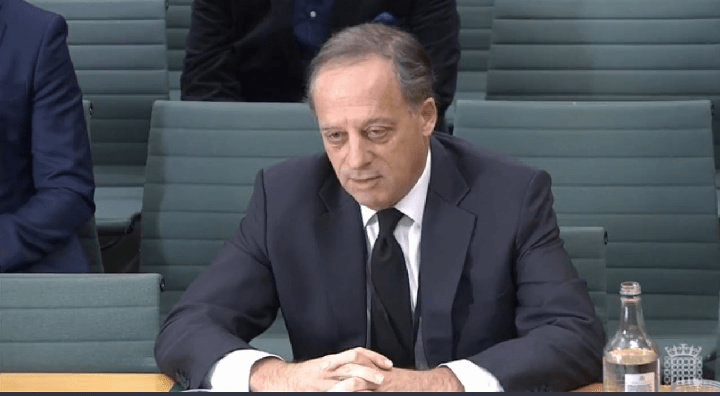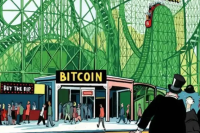There’s nothing the BBC loves talking about more than the BBC. And a perfect demonstration of that iron rule of politics was shown this afternoon when Radio 4 discussed the survival prospects of BBC Chairman Richard Sharp. Sir David Normington, who served as the Commissioner for Public Appointments under David Cameron, was invited on to the BBC’s World at One programme to warn that:
I think the present position is very damaging, it’s damaging Mr Sharp, it’s damaging the BBC and the government and more important – it’s undermining public confidence in the appointments system. When I was Public Appointments Commissioner between 2011-2016 , there was a huge amount of public cynicism about who got public appointments – most people thought it was done on the basis of who you knew rather than what you did, and this kind of case increases that cynicism.
He referenced the government’s changes in 2016 to the public appointments process, which strengthened the power of ministers at the expense of the independent regulator. In Normington’s view, they were ‘designed’ to make it easier for ministers to ‘appoint their friends, donors and allies’ with fewer checks or balances. He told host Jonny Dymond that:
If you present ministers with a list of people for major appointments, they are likely to look and see what the political affiliation of those people are – and if there’s a choice to be made they are likely to choose a political ally. The Richard Sharp case, is an example of what happens – it’s an extreme case – of what happens when you do that.
Normington’s criticisms are perhaps a sign that this row is no longer being contained to just the BBC, but is rather seen as a test case for the public appointments system as a whole. However, while his withering comments might cause a stir in Whitehall, it is by no means clear that such criticisms will really make an impact in Westminster. Rishi Sunak has already rejected calls for Sharp to stand down, with his spokesman telling reporters yesterday that he did not want to pre-judge the ongoing inquiry by the appointments watchdog. The BBC itself cannot remove its own chairman, who is appointed by the government, meaning that Sharp’s departure would either require him to resign of his own volition, or for him to lose the support of Sunak and other ministers.
At present, that seems an unlikely prospect. Sharp endured a difficult time in front of the Culture select committee last week, but it was far from clear that the ‘smoking gun’ memo from the Cabinet Office was as incriminating as some had claimed. Criticism focused on his appointment, under Boris Johnson, back in January 2021 rather than his current performance in the role. It’s worth noting too that Sharp and Sunak have a personal relationship from when the Prime Minister worked as a junior banker at Goldman Sachs.
Is Normington alone enough to really move the dial on this? Probably not. The question is whether there will be further revelations about Sharp’s appointment that might cause him or Rishi Sunak to rethink this ongoing role.







Comments